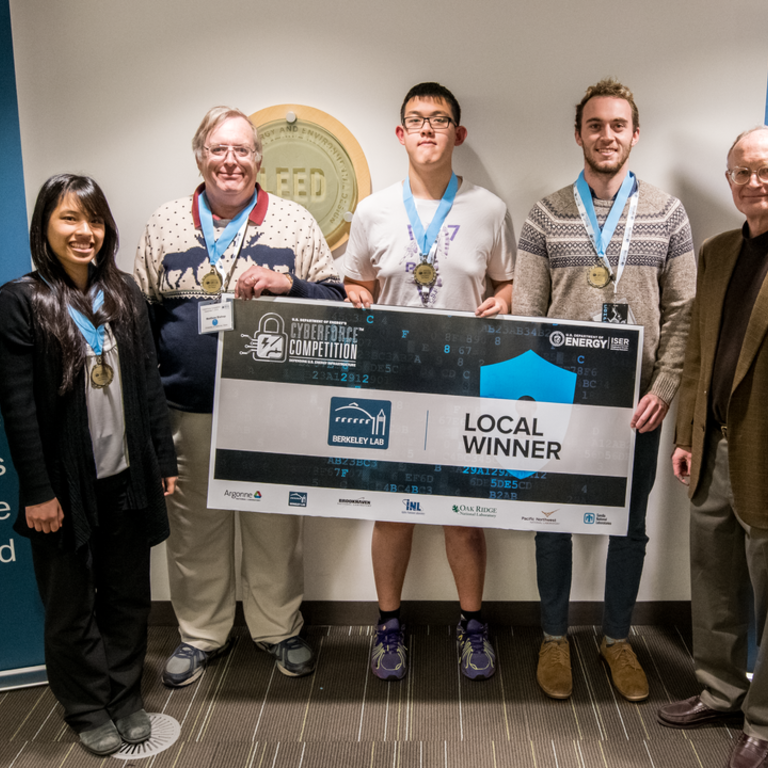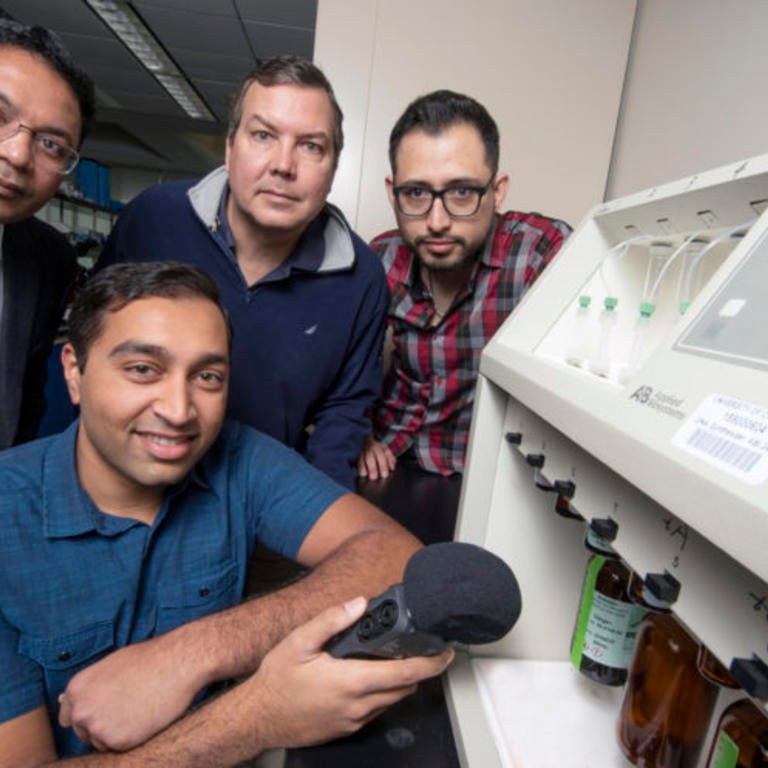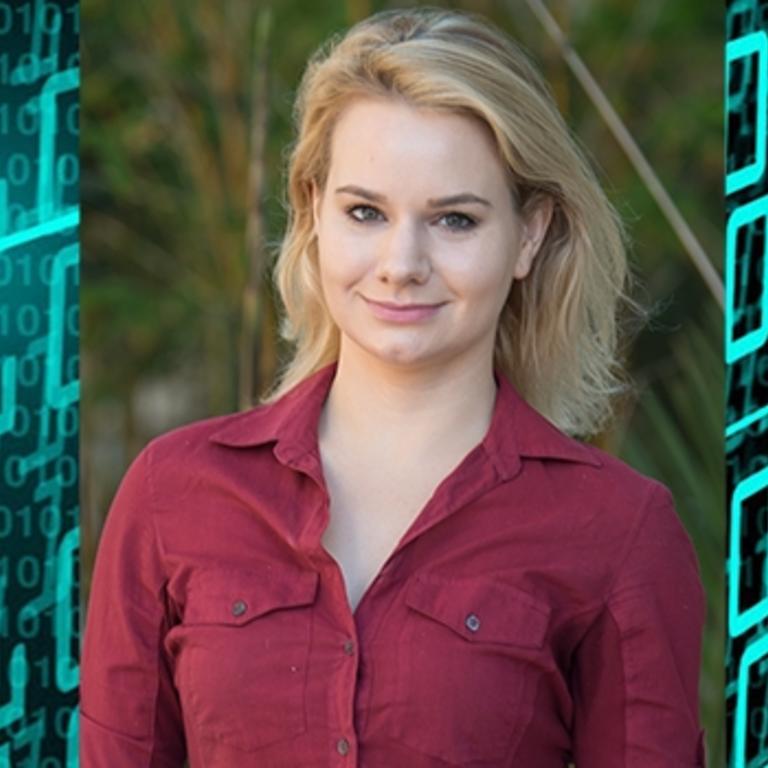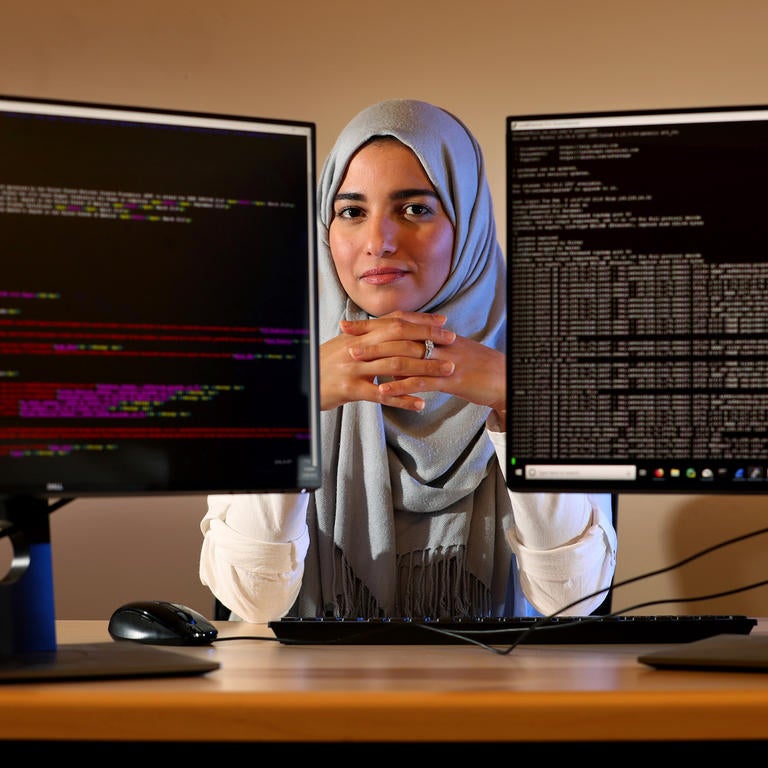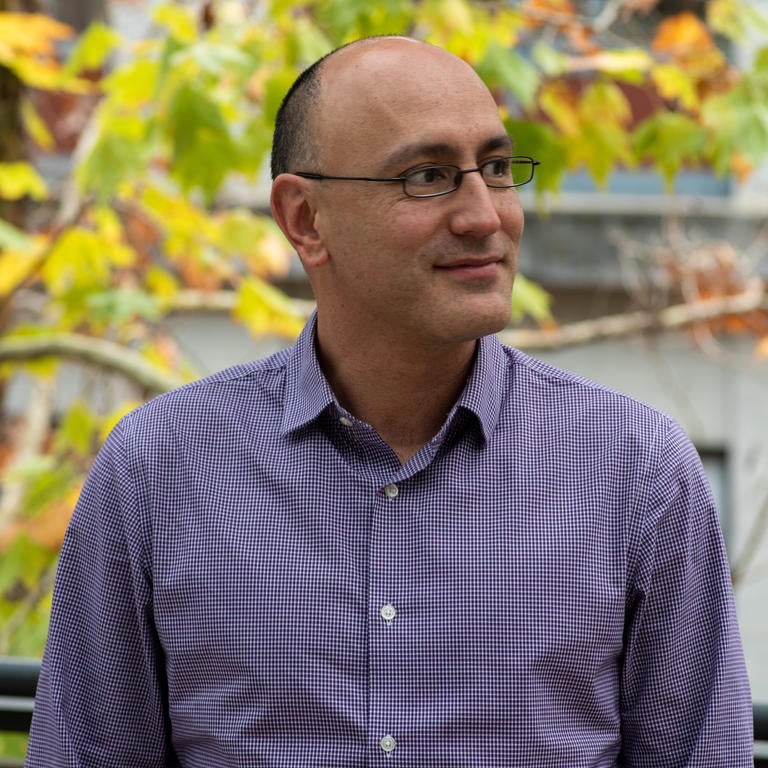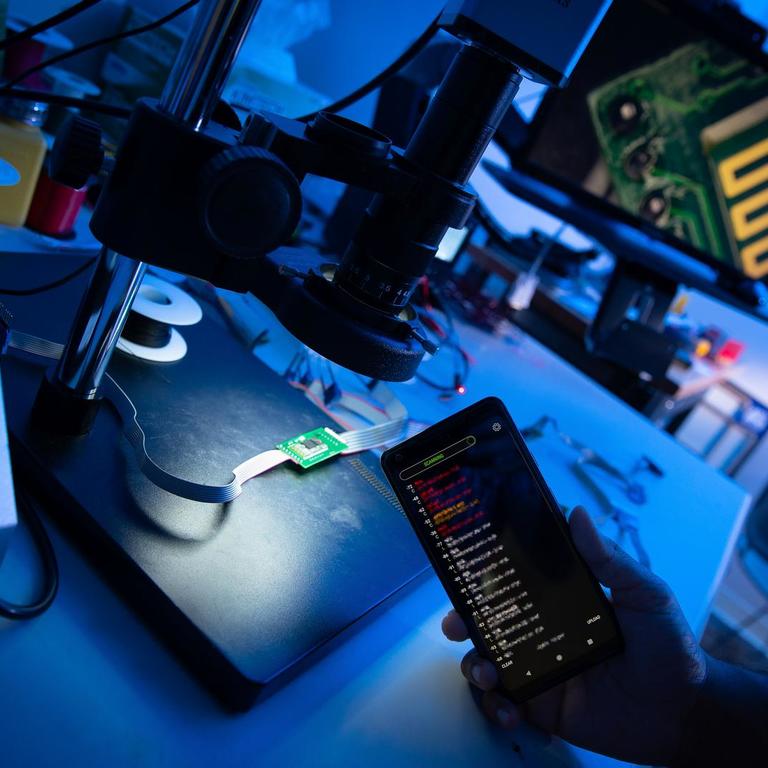Cybersecurity-CTA
Info Card - Climate and Power
Info Card - Cyber
Baskin School of Engineering Distinguished Chair and Professor of Electrical and Computer Engineering, former Chancellor of a UC, second dean of the Baskin School of Engineering
"I was most fortunate to learn from the world's greatest engineering professors on how to think critically and creatively. Many professors have become my life-long mentors and greater family members. As a professor I have tried to continually value and practice what I had learned from them as a graduate student."
Professor Sung-Mo Kang’s remarkable career began with one of the most important electrical engineering breakthroughs of the 20th century. He was a Ph.D student in Professor Leon Chua’s lab at a UC when they introduced a theory that a fourth type of passive circuit element called a “memristor” could be generalized to include an important class of memristive devices and systems (the other three are capacitors, resistors, and inductors).
Many years later, in May 2008, Nature announced “The missing memristor found” and cited the 1976 work by Chua and Kang on memristive devices and systems. Many of the current developments in neuromorphic computing circuits also cite the 1976 work by Chua and Kang.
In 1980, Kang led the team that developed the BELLMAC-32 which became the world’s first full CMOS 32 bit microprocessor operating at 10 MHz.
Today, Kang holds sixteen US patents, has published more than 500 papers, and co-authored ten books. His current research interests include design of lower-power, very large-scale integrated (VLSI) circuits; modeling and simulation of semiconductor devices and circuits; and nanoelectronics for neuromorphic computing.
He joined the faculty of a UC School of Engineering as dean of the school in 2001 and later became the second chancellor of another UC (2007-2011). In 2013, he was appointed the 15th president of the Korean Advanced Institute of Science and Technology, a position he held until 2017.
Despite his many successes, Kang never forgot his background of being a first-generation college student in the United States. As he rose the ranks of academia, he pushed hard to create opportunities like the one he had and put emphasis on finding and solving high-value problems, which requires passion and being a trusted partner.
While at the school, Kang chaired the UC Santa Cruz Chancellor’s Education Partnership Advisory Committee. He served on advisory committees for the National Youth Leadership Forum and the Silicon Valley Engineering Council. He won a $2 million National Science Foundation grant for Developing Effective Engineering Pathways (DEEP) for community college students in the Silicon Valley region, and served on the advisory boards for UC’s COSMOS (California State Summer School for Mathematics and Science) and MESA (Mathematics, Engineering, and Science Achievement) programs.
During his time as Dean, Kang helped forge important and lasting partnerships between industry and the engineering community.
He has served on the California Council of Science and Technology, UC President's Science and Technology Board, Central Valley Higher Education Consortium Board, MentorNet Advisory Board, the Davos Global University Leaders Forum (GULF), as Chairman of the Board of the Great Valley Center, and the World Economic Forum (WEF)’s Future of Electronics Council.
